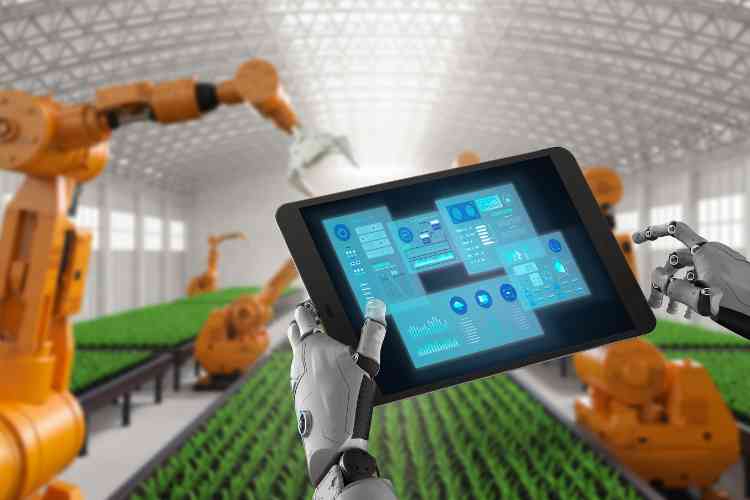Over the past several decades, the agricultural industry has seen a tremendous amount of technological advances. From precision agriculture and machine learning to robotic farming and big data analysis, these innovations are transforming the way we produce food and impacting every aspect of the agriculture sector.
In this article, we’ll explore some of the major technological innovations shaping the future of agriculture. We’ll discuss how these advances are making farming more efficient and environmentally friendly, as well as providing new opportunities for farmers around the world.
The Role of Technology in Agriculture
Technology has become an integral part of the agriculture industry. It helps farmers reduce costs, increase production efficiency, and automate tedious tasks. With the help of technological advancements, farming practices have become more sustainable and efficient.
For example, precision agriculture (PA) uses automation to map and monitor farms with a high degree of accuracy. This technology can provide detailed information on soil and crop health, allowing farmers to make informed decisions about what crops to plant and how much fertilizer or water they need.
Another technology that is making waves in the agricultural sector is machine learning (ML). ML algorithms can automate tedious tasks like identifying diseased plants or weeds, monitoring soil conditions, and predicting crop yields. This can help farmers save time and money by allowing them to focus on more important tasks.
Big data analysis is also becoming increasingly popular in the agricultural industry. By collecting and analyzing large sets of data, farmers can gain insights into their crops and make decisions that maximize their yields. Big data analytics can provide real-time feedback about soil conditions, weather patterns, crop growth, and pest control strategies. This allows farmers to maximize their crop yields and profits.
Finally, robotic farming is gaining traction in the agricultural sector. Robotic systems can help reduce labor costs and automate tedious tasks like weeding, harvesting, and planting. In addition, they can help monitor crops more precisely and identify diseased plants or weeds quickly.
The Future of Agriculture
As technology continues to advance, it will become increasingly important in the agriculture sector. Technologies like machine learning, big data analytics, and robotic farming are just some of the innovations that will help shape the future of agriculture.
In the near future, we can expect to see more automation in agricultural processes as well as increased precision when it comes to monitoring crops. Big data analysis will be used to provide farmers with real-time information on crop health and weather patterns. Robotic farming systems will help automate tedious tasks like harvesting and identifying disease and pest infestations more quickly.
The agricultural industry is undergoing a major transformation, thanks in part to the technological innovations we are seeing today. These advances will help make farming practices more efficient, sustainable, and profitable in the years to come.
How to Prepare for the Technological Revolution
As technology continues to rapidly evolve, farmers and agricultural professionals need to stay informed about the latest advancements. To make sure you don’t fall behind, develop an understanding of how these innovations are impacting the sector, attend seminars on the topic, and invest in necessary equipment.
It’s also important to be aware of the potential dangers associated with technology. For example, reliance on automation can lead to job displacement if not managed properly. Additionally, data breaches can put sensitive information and business operations at risk.
By understanding the risks and staying up-to-date on the latest technology trends, farmers and agricultural professionals can prepare for the technological revolution in agriculture. With the right strategies in place, they can take advantage of the opportunities and ensure their operations remain profitable.
Do you have any questions about the future of agriculture and technology? We’d love to hear from you! Feel free to reach out to us for more information.
